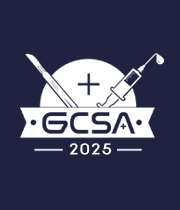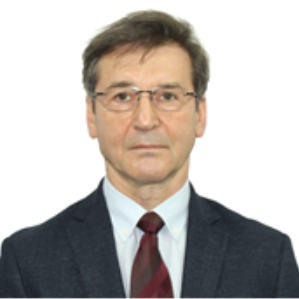Title : Laparoscopic intracorporeal suturing training in simulation and effectiveness estimation
Abstract:
Intracorporeal laparoscopic suturing (ILS) is the key skill in performing laparoscopic operations (LO). This is a difficult skill to develop because it requires developing a complex of psychomotor, visuospatial skills and stereoacuity (3D vision) at the same time.
An important stage in ILS acquisition is training in medical simulation centers. Simulation trainings are safe for patients and allow developing ILS skill by multiple repetitions of specific excersies.
Simulative trainings aim to help to develop essential and advanced ILS skills for implementing them into operative practice. However this aim is not always achieved: insufficient confidence in skills and varies stress factors during operations hinder implementation of ILS in real practice. There are few publication on it; existing ones demonstrate ILS skills transferring into practice rate of 43,8% to 72,5%.
ILS simulative training program (TP) has been developed to increase skill trainees confidence for intracorporeal suturing using standart surgical (StK) and slip knot (SlK). TP consists of implementing video and face-to-face demonstration of ILS, correct using endoinstrument, motor tasks with accent on activity of the non dominant hand, needle manipulations and positioning, forming knots, consequent use of open box trainers and close box trainers with 2D-monitors.
ILS TP effectiveness was studied among surgeons (54 persons) who attended TP in 2018-2022 without previous ILS training and not used ILS in practice. The structured interview of the attandees using a specific questionary list was implemented. The study showed the results in 3 months after training: transferring into practice rate for suturing with StK – 88,9%, for SlK – 72,9%. 84,6% participants pointed out expanded range of laparoscopic operation, 73,0% - contracted longitude of LO.
Conclusion: ILS TP demonstrated effectiveness higher than average and may be recommended for surgical postgraduate programs. The effectiveness estimation method for surgical training program is affordable and allows to estimate results of skill implementation in practice for general set of trainees.


